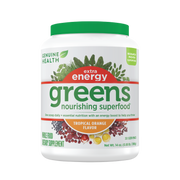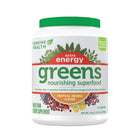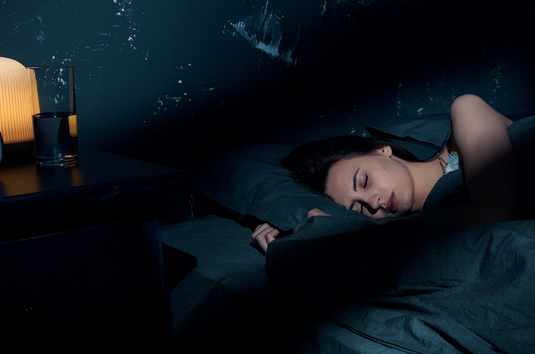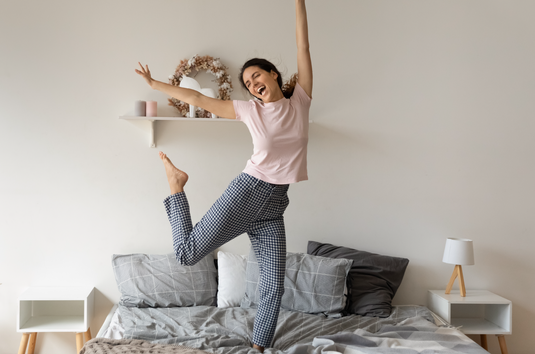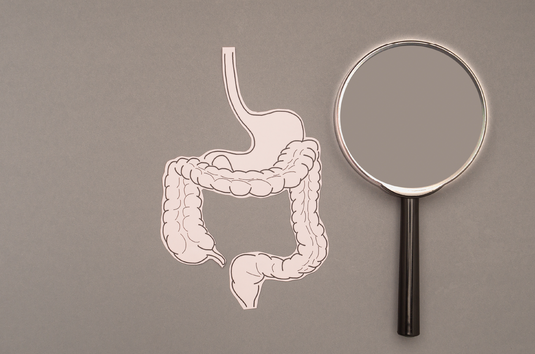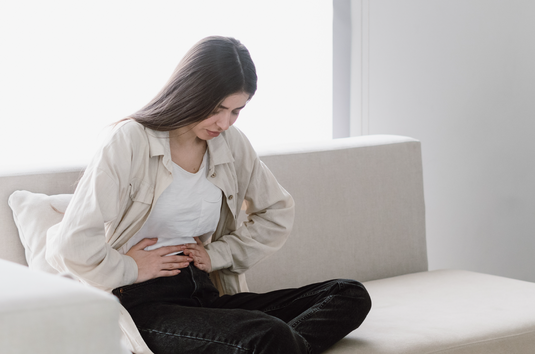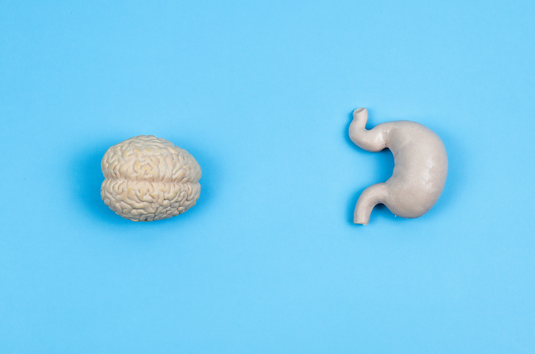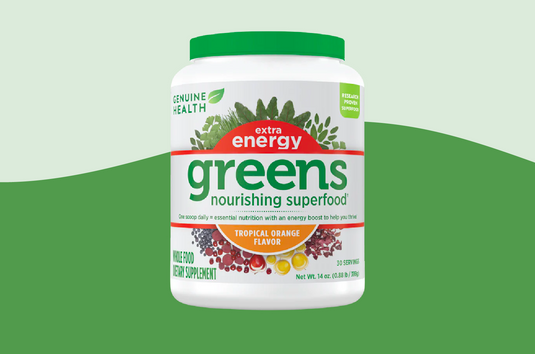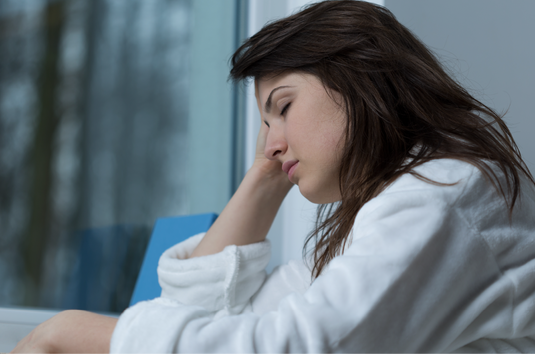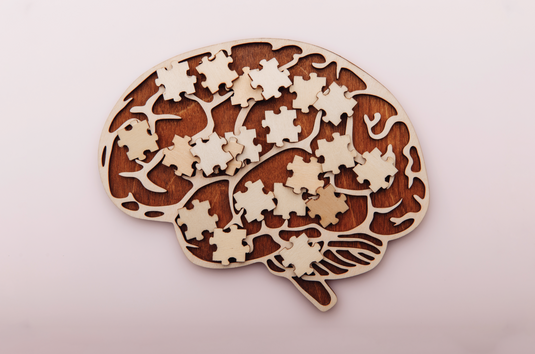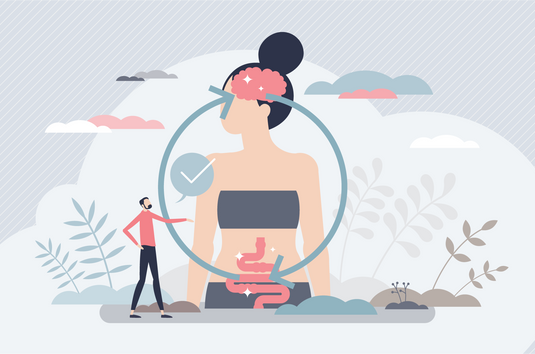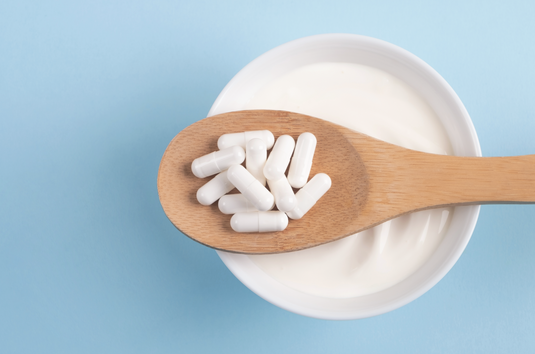Melatonin: Why Less is More
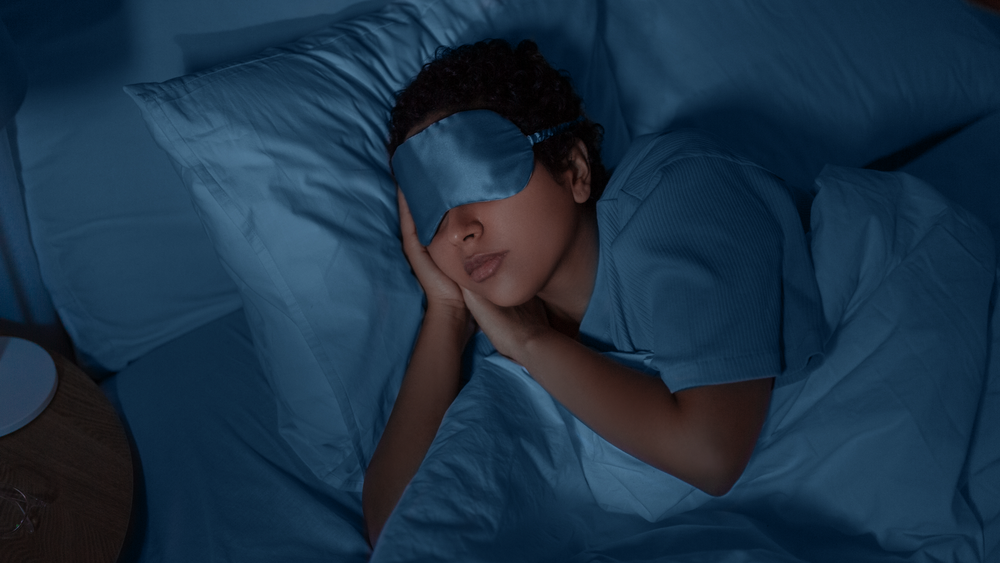
How Does Melatonin Affect Sleep:
Melatonin is a hormone that causes sleep and regulates sleep. Our bodies synthesize melatonin in response to darkness (as seen at night) and this synthesis is disrupted by exposure to light (as seen during the day). In other words, Melatonin sends the signal that it is bedtime by helping you feel drowsy. This is especially helpful in individuals who have had their sleep disrupted, as seen in jet lag. Taking Melatonin can help you reset your sleep-wake cycle when your brain and body are simply confused. Another way to think about it is that Melatonin helps you fall asleep but it does not help you stay asleep or affect total sleep time9. It is for this reason that it’s important to recognize that Melatonin is not a sleeping pill and as a result, a higher dose does not necessarily mean better sleep when compared to a lower dose.
The Right dose of Melatonin:
Melatonin has been shown to be highly effective as a sleep support agent at a dose of 3 mg or lower, when taken before bedtime. 1, 2, 3, 4 There is some research showing that Melatonin supplementation is not more effective if you go beyond a 3 mg dose.5 In a study from MIT, researchers found that higher doses of melatonin are only effective in the short term, with effects lasting only for a few days and then stopping thereafter.5 In addition, there is also research showing that once the body’s melatonin receptors have been exposed to too much melatonin, they become unresponsive.5 When receptors become unresponsive, Melatonin stops being able to do what it is supposed to do, potentially rendering the sleep hormone ineffective at sending the signal that it is time to sleep.5
Interestingly, according to another study done at MIT, a dose as low as 0.3 mg of Melatonin has been shown to restore sleep.7 One of the authors from this study goes on to specifically state "our study has shown that less is more as far as melatonin is concerned".7 This is because a dose of 0.3 mg resembles your body’s natural melatonin levels and as a result, encourages your body’s ability to produce this hormone. In addition, you should keep in mind Melatonin helps establish a bedtime as it helps you fall asleep but it does not help you stay asleep and as such, a higher dose cannot increase efficacy or help you stay asleep longer because this just simply is not how this hormone works.
Another reason that less melatonin is more is related to the interactions and effects of Melatonin on overall health. Remember that Melatonin is a hormone and at high doses it can potentially interact with and change the level of other hormones in the body. Taking too much melatonin at once can also cause side effects such as nausea, headaches, or dizziness.6 Other documented side effects of too much melatonin includes the “melatonin hangover” experienced the next day, waking up a few hours after sleep and being unable to go back to sleep, and experiencing greater difficulty with falling asleep.7 In addition, there are some concerns regarding long term effects of larger doses of Melatonin as some doctors believe it could potentially impact the body’s own natural ability to produce this hormone. To give you a better understanding, keep in mind that your own body produces approximately 1 mg or less of Melatonin per day. So, when you supplement in doses that are higher than those present in your body, it has less natural effects in the body. If you are looking to use melatonin as a natural sleep support agent, the correct dose would be one that resembles the levels your own body produces naturally. Recommending low doses of melatonin is supported by research.9
The Conclusion:
The benefits of Melatonin are not dose dependent, meaning that if you take a higher dose, it will not help you fall asleep faster. Perhaps it is this ideology that more is better or perhaps you might think you are getting a better value if you purchase the higher dose product at a similar price. However, when it comes to Melatonin, it is important to understand that a lower dose may in fact be more as it is proven to be not only more effective but also the safer choice. This is namely for the following reasons:
- A lower dose more closely resembles the levels naturally produced by the body.
- Higher doses are associated with an increased risk for negative side effects.
- Effectiveness is not increased with higher doses of Melatonin.
- Most importantly, the lowest dose of any product, whether natural or not, is always the most prudent choice and as Melatonin has been found to be effective in supporting sleep at 3 mg, there is no reason to dose higher than that.
References:
[1] Lemoine P, Nir T, Laudon M, Zisapel N. Prolonged-release melatonin improves sleep quality and morning alertness in insomnia patients aged 55 years and older and has no withdrawal effects. J Sleep Res. 2007 Dec;16(4):372-80. doi: 10.1111/j.1365-2869.2007.00613.x. PMID: 18036082.
[2] Alstadhaug KB, Odeh F, Salvesen R, Bekkelund SI. Prophylaxis of migraine with melatonin: a randomized controlled trial. Neurology. 2010 Oct 26;75(17):1527-32. doi: 10.1212/WNL.0b013e3181f9618c. PMID: 20975054.
[3] van Geijlswijk IM, Mol RH, Egberts TC, Smits MG. Evaluation of sleep, puberty and mental health in children with long-term melatonin treatment for chronic idiopathic childhood sleep onset insomnia. Psychopharmacology (Berl). 2011 Jul;216(1):111-20. doi: 10.1007/s00213-011-2202-y. Epub 2011 Feb 22. PMID: 21340475; PMCID: PMC3111733.
[4] Luthringer R, Muzet M, Zisapel N, Staner L. The effect of prolonged-release melatonin on sleep measures and psychomotor performance in elderly patients with insomnia. Int Clin Psychopharmacol. 2009 Sep;24(5):239-49. doi: 10.1097/YIC.0b013e32832e9b08. PMID: 19584739.
[5] Brzezinski A, Vangel MG, Wurtman RJ, Norrie G, Zhdanova I, Ben-Shushan A, Ford I. Effects of exogenous melatonin on sleep: a meta-analysis. Sleep Med Rev. 2005 Feb;9(1):41-50. doi: 10.1016/j.smrv.2004.06.004. PMID: 15649737.
[6] Andersen LP, Gögenur I, Rosenberg J, Reiter RJ. The Safety of Melatonin in Humans. Clin Drug Investig. 2016 Mar;36(3):169-75. doi: 10.1007/s40261-015-0368-5. PMID: 26692007.
[7] Zhdanova IV, Wurtman RJ, Regan MM, Taylor JA, Shi JP, Leclair OU. Melatonin treatment for age-related insomnia. J Clin Endocrinol Metab. 2001 Oct;86(10):4727-30. doi: 10.1210/jcem.86.10.7901. PMID: 11600532.
[8] van Geijlswijk IM, Korzilius HP, Smits MG. The use of exogenous melatonin in delayed sleep phase disorder: a meta-analysis. Sleep. 2010 Dec;33(12):1605-14. doi: 10.1093/sleep/33.12.1605. PMID: 21120122; PMCID: PMC2982730.
[9] Vural EM, van Munster BC, de Rooij SE. Optimal dosages for melatonin supplementation therapy in older adults: a systematic review of current literature. Drugs Aging. 2014 Jun;31(6):441-51. doi: 10.1007/s40266-014-0178-0. PMID: 24802882.



